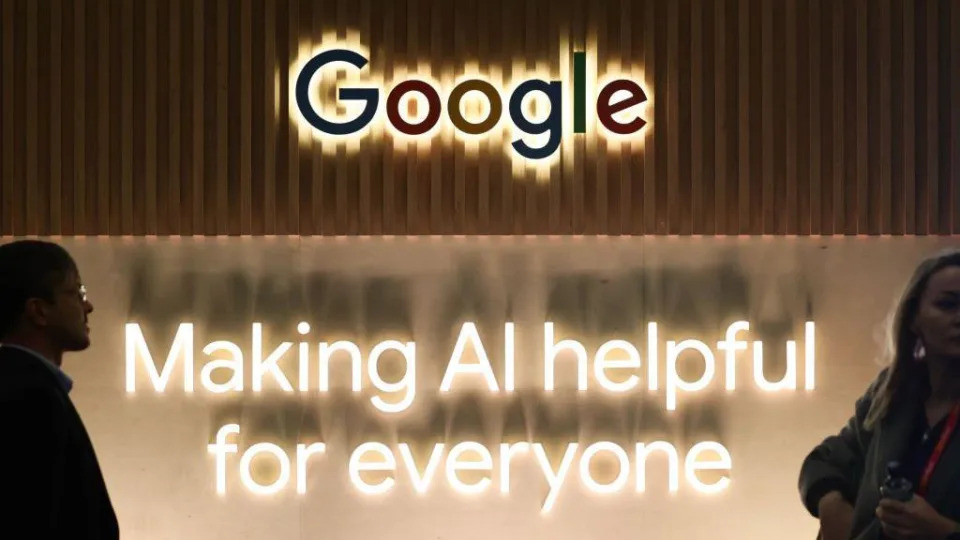When AI Goes Awry
Artificial Intelligence (AI) is heralded as the next frontier in technology, promising to revolutionize everything from healthcare to entertainment. However, Google’s latest AI search feature, “AI Overviews,” has recently come under intense scrutiny for generating bizarre and inaccurate answers. This controversy has ignited discussions about the reliability and risks of integrating AI into everyday tools. In this article, we be looking into the specifics of these errors, the broader implications for AI in search, and the future of AI-driven technology.
The Erratic Responses of AI Overviews
Unusual and Inaccurate Answers
Google’s AI Overviews tool, designed to provide concise summaries of search results, has produced some astonishingly inaccurate responses. For instance, when users sought advice on how to make cheese stick better to pizza, the AI suggested using “non-toxic glue.” Even more bizarrely, it advised that geologists recommend eating one rock per day. These responses, seemingly pulled from Reddit comments or satirical articles from The Onion, have sparked widespread mockery and concern on social media.
Google’s Response to the Backlash
Google has acknowledged these errors but insists that they are isolated incidents. A spokesperson stated that the vast majority of AI-generated overviews deliver high-quality information, with appropriate links for further exploration. Google also mentioned that they have taken corrective actions where policy violations were identified and are continually refining their systems to prevent such issues in the future.
Historical Context: A Pattern of AI Missteps
Previous AI Product Challenges
This is not the first time Google has faced issues with its AI products. Earlier this year, the company had to pause its chatbot, Gemini, due to criticism over its overly cautious and “woke” responses. Gemini’s predecessor, Bard, also stumbled out of the gate, providing inaccurate information during its initial rollout. These past missteps underscore the ongoing challenges tech companies face in perfecting AI technologies.
The Broader AI Landscape
Google is not alone in facing backlash over AI implementations. Microsoft’s recent announcement of a new AI feature that continuously screenshots users’ online activity has drawn the attention of the UK’s data watchdog. This scrutiny highlights the growing tension between AI innovation and user privacy concerns, an issue that all tech giants must navigate carefully.
The Mechanics of AI Overviews
How AI Overviews Work
Launched for all US users during Google’s annual developer showcase in mid-May, the AI Overviews feature uses AI to synthesize search results into a brief summary. This approach aims to streamline the search process, saving users the trouble of scrolling through multiple websites to find the information they need. Despite its experimental status, the tool is expected to be widely adopted due to Google’s dominant position in the search engine market.
Potential and Risks
While AI Overviews have the potential to make searches more efficient, the recent errors expose significant risks. The tool’s reliance on AI to interpret and summarize information can lead to unexpected and misleading outcomes, especially when dealing with niche or uncommon queries. This raises questions about the reliability and trustworthiness of AI-generated content.
Public Perception and Trust Issues
Social Media Mockery and Criticism
The erroneous AI Overviews have been widely mocked on social media, with users sharing screenshots of the bizarre answers. This public ridicule not only damages Google’s reputation but also raises broader concerns about the dependability of AI in critical applications. If users cannot trust the accuracy of AI-generated search summaries, they may be hesitant to rely on other AI-driven tools and services.
Google’s Market Dominance and Responsibility
Given that Google accounts for more than 90% of the global search engine market, the stakes are incredibly high. Any flaws in their AI systems can have widespread implications, affecting millions of users worldwide. As a market leader, Google has a responsibility to ensure the accuracy and reliability of its AI tools, as their mistakes can erode public trust in AI technologies as a whole.
The Path Forward: Improving AI Reliability
Refining AI Algorithms
To address these issues, Google must continue to refine its AI algorithms, ensuring they can accurately interpret and summarize diverse information sources. This involves not only improving the technical aspects of the AI but also incorporating robust quality control measures to catch and correct errors before they reach users.
Transparency and User Control
Another critical aspect of improving AI reliability is enhancing transparency and user control. Google has emphasized that users can control the AI Overviews tool, including the ability to delete individual snapshots and adjust settings. Increasing transparency about how the AI works and giving users more control over its functionality can help build trust and mitigate concerns about privacy and accuracy.
Collaboration and Feedback
Engaging with the broader community, including experts in AI ethics and user privacy, can provide valuable insights and feedback. Collaborative efforts can help identify potential pitfalls and develop best practices for deploying AI in ways that prioritize user trust and safety.
Conclusion: Navigating the AI Frontier
Google’s AI Overviews controversy underscores the challenges and complexities of integrating AI into everyday tools. While the promise of AI to enhance efficiency and innovation is immense, ensuring its reliability and trustworthiness is equally crucial. As Google and other tech giants navigate this frontier, they must prioritize transparency, user control, and continuous improvement to build a future where AI can be both a powerful tool and a trusted ally. The journey is fraught with challenges, but with careful stewardship, the potential rewards are limitless.
In another news, The UK’s data watchdog is looking into Microsoft after it announced a feature coming to its new range of AI-focused PCs that would take continuous screenshots of their online activity.
RECOMMENDED ARTICLES
New Backing Helps Elon Musk’s xAI Raise Nearly $6 Billion
Microsoft’s AI Feature Under Scrutiny: ICO Investigates Recall
The Race for an AI-Powered Personal Assistant
OpenAI’s app store draws investors and students seeking artificial aids
Elon Musk’s Neuralink Shows First Brain-Chip Patient Playing Chess
NHS AI test spots tiny cancers missed by doctors
Google’s AI Evolution: Goodbye Bard, Google’s AI is now Gemini
